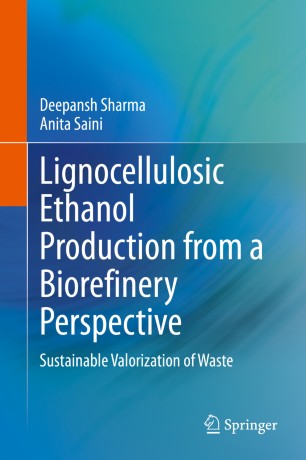

Most ebook files are in PDF format, so you can easily read them using various software such as Foxit Reader or directly on the Google Chrome browser.
Some ebook files are released by publishers in other formats such as .awz, .mobi, .epub, .fb2, etc. You may need to install specific software to read these formats on mobile/PC, such as Calibre.
Please read the tutorial at this link: https://ebookbell.com/faq
We offer FREE conversion to the popular formats you request; however, this may take some time. Therefore, right after payment, please email us, and we will try to provide the service as quickly as possible.
For some exceptional file formats or broken links (if any), please refrain from opening any disputes. Instead, email us first, and we will try to assist within a maximum of 6 hours.
EbookBell Team

4.0
66 reviewsThis book provides an overview of the multi-dimensional approach for the production of ethanol from lignocellulosic biomass. The sustainability of this biofuel, the current and future status of the technology and its role in waste valorization are also addressed.
Bioethanol from lignocellulosic material has emerged as an alternative to the traditional first-generation bioethanol. The book also discusses various pretreatment methods for effective separation of the various components of lignocellulosic feedstock as well as their advantages, and limitations. It describes the valorization of lignocellulosic waste through the production of bioethanol and emphasizes the significance of waste utilization in managing the production cost of the fuel. Finally, the utilization of genetically engineered plants and microorganisms to increase the conversion efficiency is reviewed.